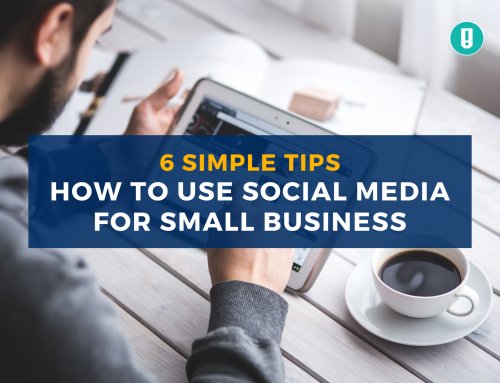We are already aware of Search Engine Optimization and how it will make our website score higher on Google search results — allowing you to gain more clicks and sales from your website. Do you consider a voice search program for SEO, though?
With voice search becoming increasingly popular, voice search SEO should be a must if you want to really obtain a higher rank at the top of search engine results and introduce high-quality traffic leading to your site. It’s unlikely that your site will occur in voice searches without the need for an SEO campaign, so you could end up losing out on potential clients.
Particularly since content which ranks at the top of the search engines is also likely to show up as a voice search response. In addition, for that particular question, nearly 75 percent of the results you get from a voice search ranks in the top 4 results.
What is Voice Search?
To keep it easy, voice search is a technique for speech recognition that helps users to perform searches by speaking through a microphone. These apps range from smartphones and laptops to tools for home assistants, which we will explore in detail later. Over the years, the pursuit of the voice of Google has expanded exponentially, and it is important to consider and adapt these developments to your digital marketing strategies.
Here, we’ll look at some of the strategies that you should optimize your website to score high for voice searches queries.
1. Optimize keyword strategy
The first step to improving voice search is to pick the correct keywords. As with SEO, optimization of voice search relies heavily on use of keywords. You want to pick keywords that are important to your listings so you can get useful leads.
Like SEO, you would like to base your campaign on long-tail keywords. These are keywords containing three or even more words. For your campaign, these keywords are stronger as they bring more useful leads to your market. For voice search, users for long-tail keywords are more willing to seek as their questions appear to be longer than the ones they write.
You’ll want to consider how the target expresses their questions while picking the keywords. They want to reflect on how people talk, and ask their audio systems queries. People are speaking differently than they write, and you have to take into account the different use and phrasing of words.
2. Build an FAQ page
Google takes the details from position 0 as users do searches on Web. This is also recognized as the snippet features. It is the top text box that you see just above search engine results. if you really want customers to hear your site ‘s contents and information, you need to aim for this position 0. One smart way to do this is to build a FAQ section.
A FAQ page is a fast way to provide useful knowledge to the readers and to address their concerns. You can give their questions a precise answer which is what Google is looking for in the snippet featured. They want searchers to be given useful information immediately.
A FAQ page is a great way to make your industry a central powerhouse of information. It allows you to combine important keywords and offer useful knowledge to improve the chances of featuring in the results of voice search.
3. Create valuable content
The development of content is highly useful for the optimisation of the voice search for 2020. This method assists in driving valuable traffic on the website. It’s also nice to make the voice search queries show to your knowledge.
Your crowd is always searching for knowledge and finding responses to their questions. Content is a chance to share your understanding with your customers and help them gain knowledge. It helps you build confidence and set yourself up as an absolute power in your sector.
By making interesting content, you’ll help the voice search results reveal your stuff. You will offer useful insights to your customers, and bring more leads to your company.
4. Improve the site loading speed
Voice search is used on the smartphone almost entirely, and it comes as no surprise that the website will be smartphone-optimised. If not, otherwise users will only bounce back, which will hurt your ranks. A website that takes five seconds to load, relative to a website that loads in just one second, is 90 per cent more likely to suffer from swing back.
Google finds that smartphone bounce rates are 9.56 percent higher than laptop rates. Smartphone users are expected to be on-the-go, and have little time to stand about.
5. Make sure your website is responsive
Since 25 percent of users aged 16-25 are performing voice searches through smart phones, it is utterly critical that the website is responsive. What exactly does that mean? A responsive website certainly indicates that users who approach your website on a small screen, such as a phone or tablet, will see your web page on a desktop in the same manner that a viewer would.
A web designer can make sure that your website is responsive, so that when someone comes across your website through voice search, they can easily navigate your website to gather the info they require.
Dan Toombs is not just a lawyer but also the founder/ director of leading law marketing company Fast Firms. The legal industry is going under massive changes of which brand, design, marketing, and technology are key. Award-winning lawyer is a one-stop solution for all your legal marketing services. Dan Toombs is amazingly skilled in marketing for lawyers or law firm SEO and is your first choice.







Leave A Comment